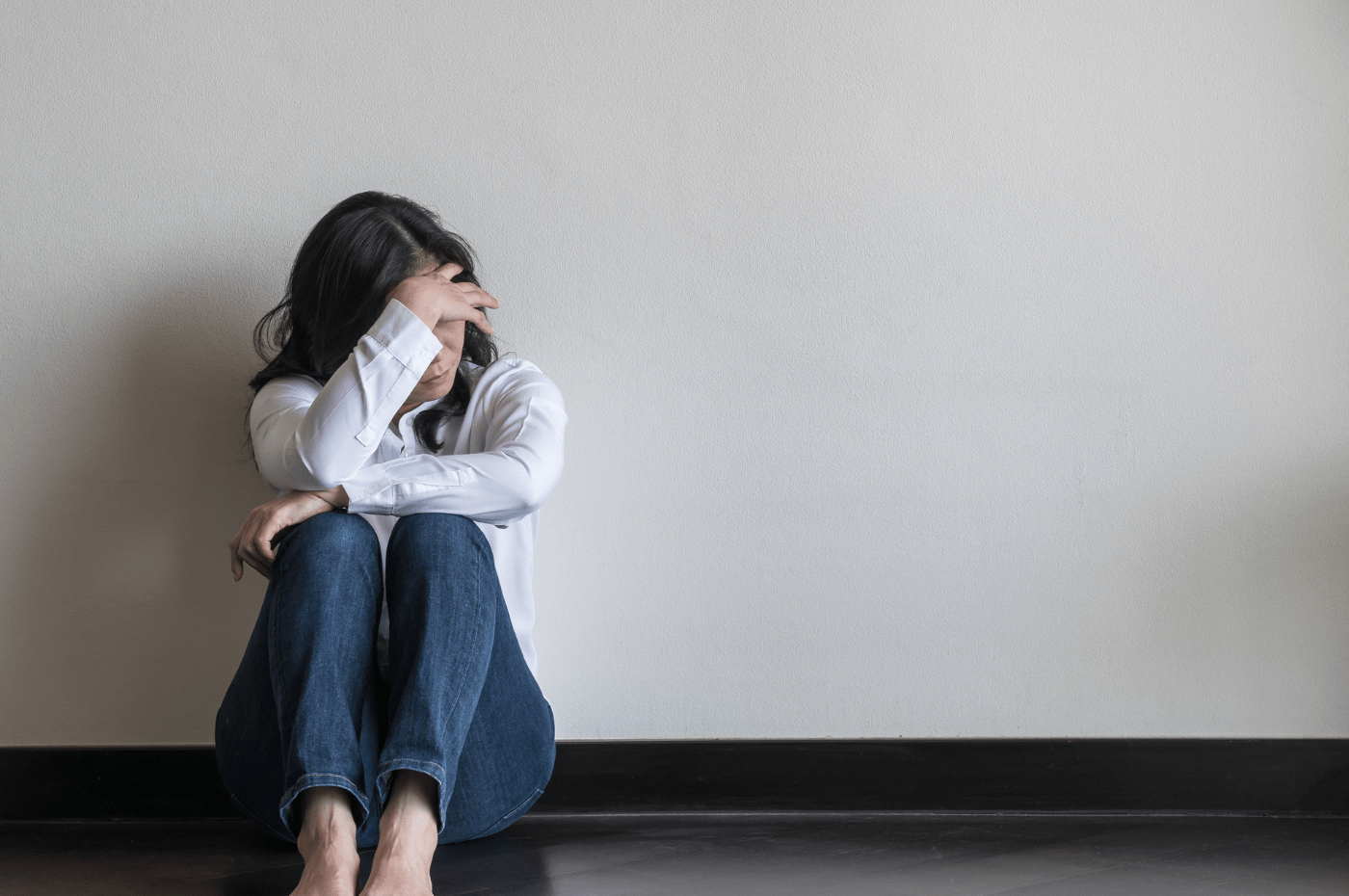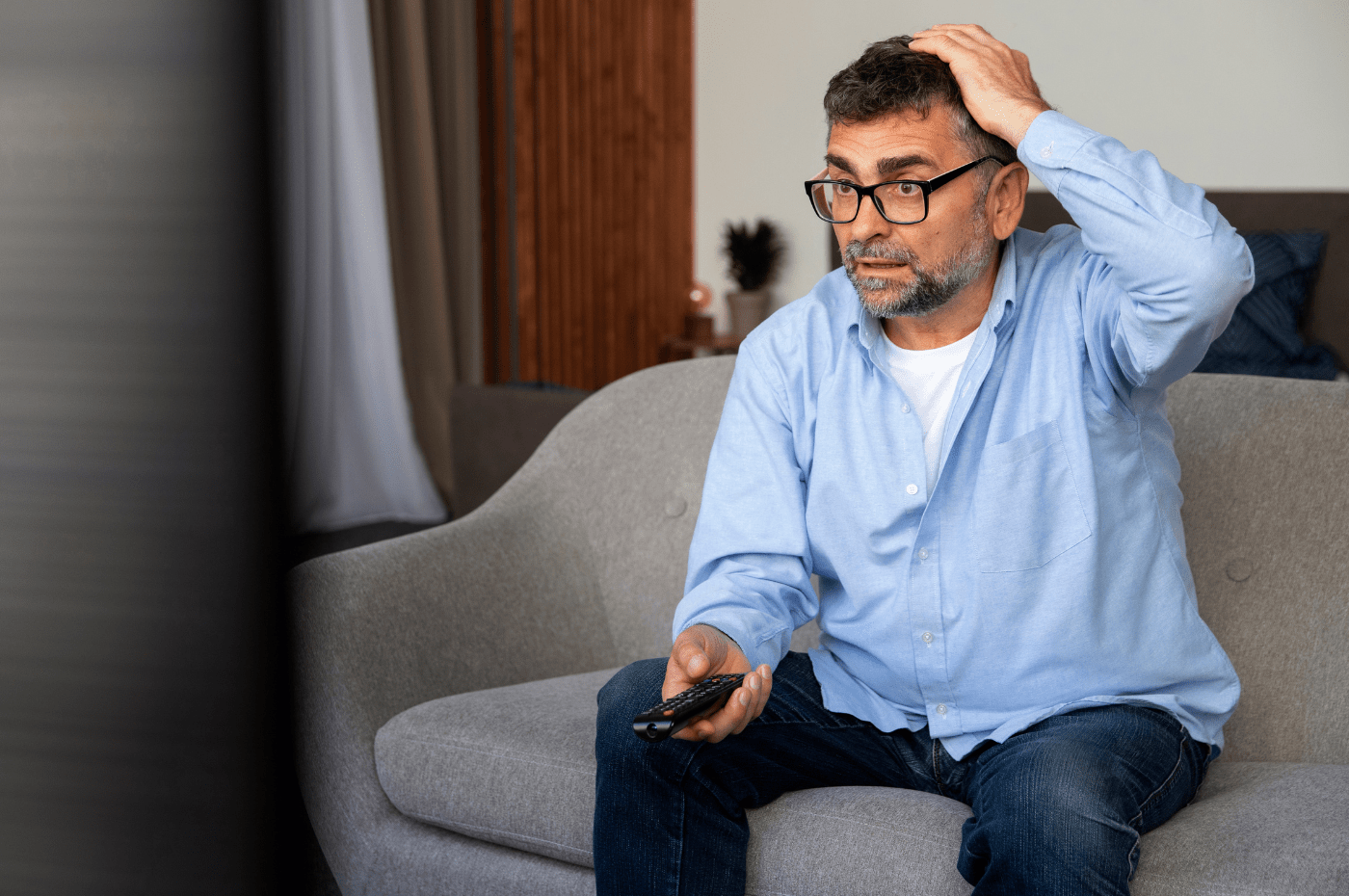Current medications for PTSD don't work very well, so better treatments are needed. Neurobiological research suggests that cannabinoids might be useful as new treatments. Also, many people are increasingly interested in using cannabinoids to help with trauma symptoms.
What is PTSD?
PTSD, or Post-Traumatic Stress Disorder, is a mental health issue that can develop after someone goes through a traumatic event. It can affect anyone, and as estimated, it affects 6% of people at some point in their lives.
Many people think of PTSD as something only affecting war veterans. But it can also occur after other traumatic events, such as being involved in or witnessing an assault or accident, or living through a natural or man-made disaster. Long-term exposure to trauma can cause a more severe form of PTSD called complex PTSD in both adults and children.
People with PTSD may Experience Symptoms in Several Areas:
Re-experiencing: This includes having flashbacks, nightmares, upsetting thoughts, and physical signs of stress.
Avoidance: This means staying away from places, memories, or thoughts that remind them of the traumatic event.
Arousal and Reactivity: This includes being easily startled, having trouble focusing, feeling irritable or having angry outbursts, and taking part in risky or reckless behaviors.
Cognition and Mood: This involves having trouble remembering parts of the traumatic event, finding it hard to feel positive emotions, and having ongoing negative feelings like guilt, anger, and shame.
Current treatments for PTSD
There are two main types of treatments for PTSD: medication and therapy.
Medications used for PTSD often include antidepressants. These can help manage symptoms of depression and anxiety. Doctors might also prescribe medication to improve sleep and reduce nightmares.
Therapies involve talking treatments, which usually last between 6 and 12 weeks. People with PTSD might find cognitive behavioral therapy (CBT) helpful. CBT can include memory extinction therapy, also known as exposure therapy.
There is also evidence that eye movement desensitisation and reprocessing can be effective in treating PTSD and trauma-related issues. This therapy uses eye movements to help reduce the impact of traumatic memories by disrupting the brain's connection to these memories.
It is also suggested that people can manage some symptoms at home. They might join support groups, engage in mild physical activities to help reduce stress, and set realistic goals that they can break down into smaller, manageable steps.
CBD for Treating PTSD
Research on medical cannabis, synthetic cannabinoids, and PTSD found that CBD might help reduce symptoms of PTSD.
Some older studies suggest that taking CBD right after a traumatic event might make it harder for the brain to form memories, which could later lead to PTSD symptoms. But this area of research is still new, and more studies are needed to understand how CBD affects these traumatic memories.
According to a study, CBD may have an impact on two areas of the brain: the amygdala and the hippocampus. The study points out that people with PTSD often have an overactive amygdala, which might worsen symptoms. CBD might help by making the hippocampus grow and reducing the overactivity of the amygdala.
Is CBD Safe for PTSD?
According to a report from the World Health Organization, CBD is generally considered safe and non-addictive, with a low risk of misuse. However, except for the CBD drug approved for treating seizures, other CBD products are not regulated by the FDA. This means that health claims about these products have not been proven, and there is no guarantee that any specific CBD product is safe or contains what it claims.
In case you are trying CBD, keep in mind:
- The product you use might have a different amount of CBD listed on the label.
- Some CBD products have been found to contain other ingredients, including THC.
- Doctors do not yet know the right dose that might be helpful or how much of the CBD gets into your bloodstream.
The best form of CBD for PTSD is Available at Qurist
CBD oil: Qurist’s CBD oil offers all the benefits of the hemp plant and its range of cannabinoids without any effects of THC. It is unflavoured, natural ayurvedic, preservative-free, just pure THC-free cannabinoid extract & coconut MCT oil.
CBD with THC: Qurists’s potent full-spectrum extract CBD THC oil offers all the combined benefits of the Cannabis plant. It is also unflavored, preservative-free, just pure cannabinoid extract & coconut MCT oil.
Possible Side Effects of CBD
- Sleepiness
- Decreased appetite
- Diarrhea
- Irritability and other mood changes
- Liver damage
- Male infertility
CBD might even interact with certain medications. It might either block their effects or make them stronger. These medications include some antibiotics, antidepressants, cholesterol-lowering drugs, and blood thinners.
If you are being treated for PTSD or any other health condition, it’s crucial to talk to your doctor before trying a CBD product.





Leave a comment
This site is protected by hCaptcha and the hCaptcha Privacy Policy and Terms of Service apply.